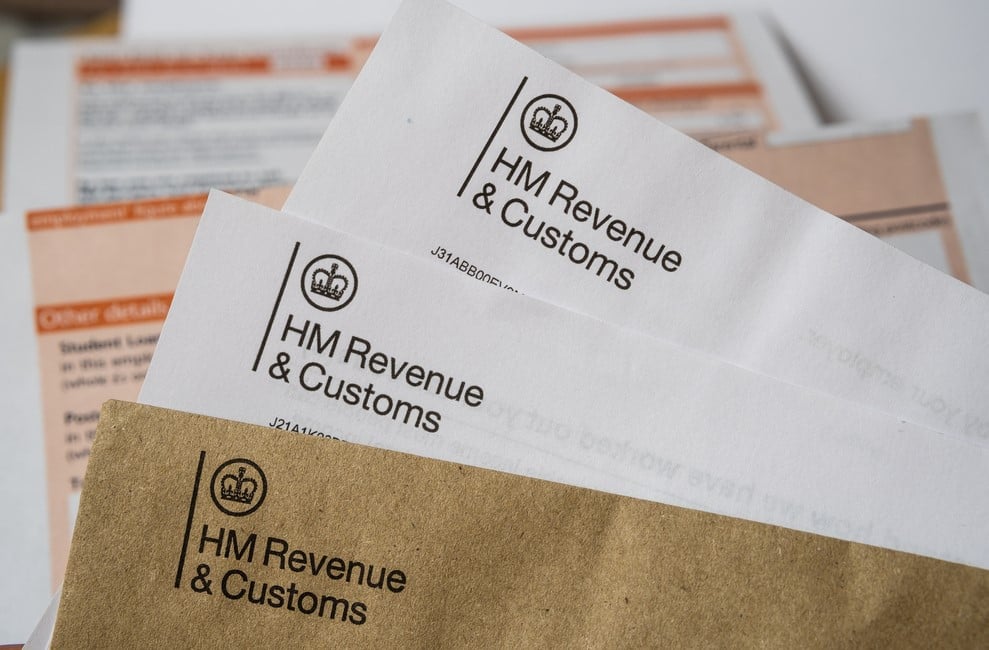Understanding Your HMRC Nudge Letter: Essential Tips!
Obtaining a letter from HM Revenue and Customs can often transmit waves of anxiety through anyone’s day. Usually, these communications appear in several forms, but one type that might land in your mailbox is the termed “nudge letter.” Crafted to prompt or urge taxpayers about their fiscal responsibilities, particularly pertaining to undeclared income, grasping your HMRC nudge letter is vital to ensure you’re satisfying your tax obligations effectually.
What specifically is an HMRC Nudge Letter?
A nudge letter from HMRC is essentially a preventive measure rather than an accusing one. These letters are part of HMRC’s plan to urge taxpayers to voluntarily correct any inconsistencies in their tax reports, particularly focusing on overseas income that may not have been fully declared. Unlike formal audit letters, a nudge letter is not indicative there is an continuing investigation into your tax affairs. Instead, it functions as a tender reminder that HMRC has data implying there may be undeclared income.

Why You Got One?
If you’ve come across one notices in your post, it’s probably because HMRC has gathered information that possibly clashes with the information you’ve submitted, or implies there may be additional sources of income that need be taken into account. Common causes for dispatching a nudge letter include discrepancies observed in the information shared by overseas tax authorities or financial institutions concerning overseas income.
Interpreting the Message
The primary content of a nudge letter generally includes a reminder about the significance of declaring all relevant revenues; a reminder that errors should be corrected; and at times, links to guides on how to go about reporting undisclosed income. It’s crucial to check the details stated about the alleged undisclosed income thoroughly and decide whether it applies to your case.
Subsequent Steps: What Must You Perform?
Upon receiving a nudge letter, taking proactive steps is essential:
Examine your Tax Returns: Double-check your previous returns to confirm all income sources had been declared accurately. Pay special attention to any overseas income.
Seek advice from a Tax Advisor: In case there’s any kind of uncertainty about how to proceed or if amendments are, consulting with a tax professional can provide clarity and advice.
Respond Promptly: Follow any kind of directions provided in the letter regarding deadlines for reply. Engaging collaboratively with HMRC can frequently prevent further issues or queries.
Amend Every Blunders: If you detect oversights or neglected details, adopt quick steps to rectify it. This commonly requires filing revised returns and cooperating fully with HMRC.
Deterrence is Better Than Cure
To avoid upcoming HMRC nudge letters, maintaining complete and exact records of every domestic and global income is wise. Regularly updating tax filings and ensuring full transparency can support bypass the anxiety associated with such checks from the tax authorities.
Moving through tax affairs can sometimes appear daunting, especially when it involves complexities such as foreign earnings. However, grasping why you obtained an tax authority prompt letter and understanding how to reply effectively can not only assist in addressing possible issues swiftly but also reinforce your loyalty to meticulous monetary adherence. Bear in mind, HMRC employs these letters to assist taxpayers in keeping on top rather than punishing them suddenly.
More information about Letter from HMRC check the best webpage

Leave a Reply
You must be logged in to post a comment.